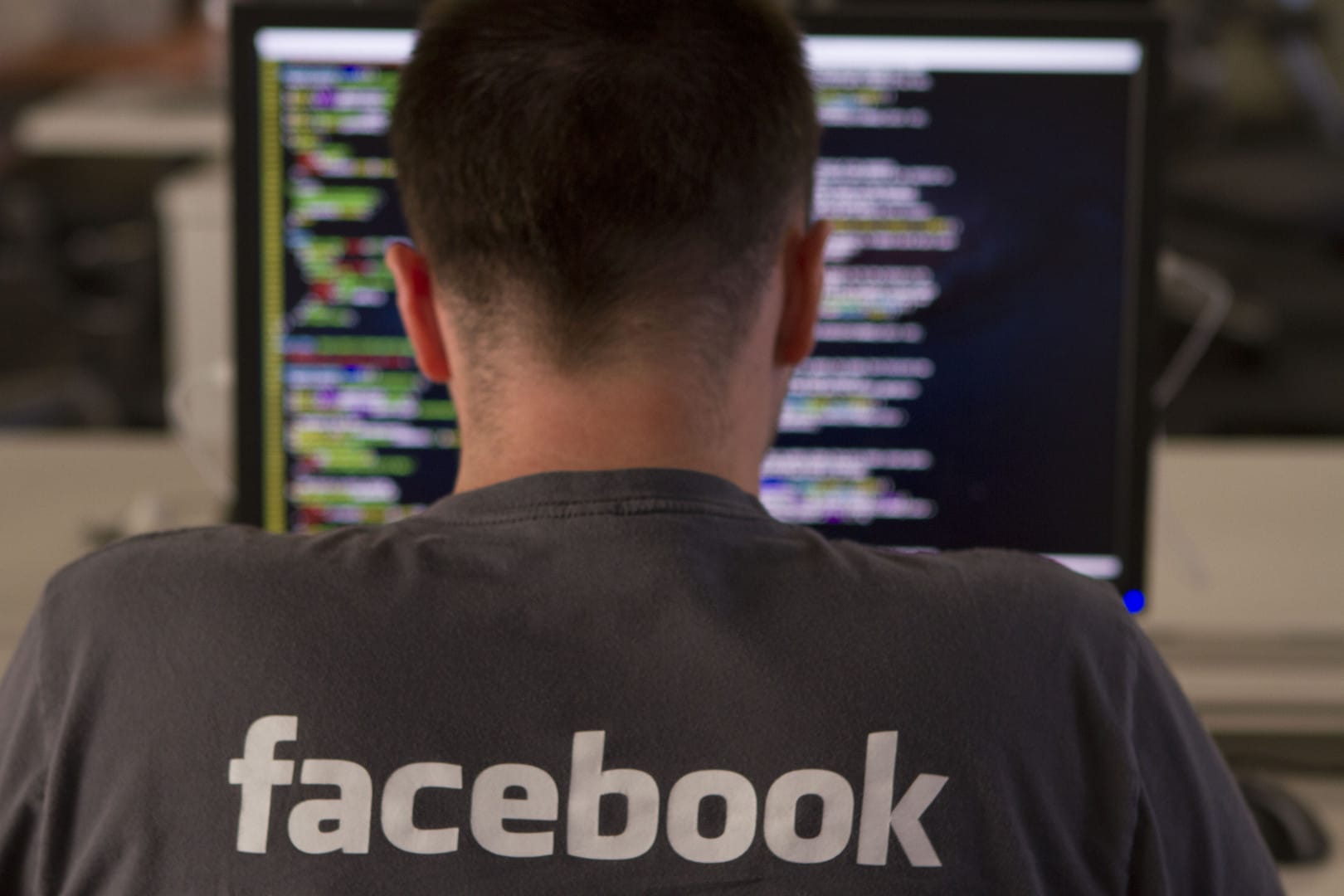Thanks to the Cambridge Analytica scandal, a backlash is brewing against the way tech giants like Facebook monetize data. This could result in government regulation, which has the potential to upend the business models of some of the world’s biggest companies.
Luckily, Apple is practically immune. Here’s why 2018’s biggest tech scandal could actually help the world’s biggest tech company.
Skate where the puck is going
Steve Jobs famously said that you can’t ask customers what they want and then try to give it to them. By the time it’s built, they’ll want something new.
Plenty of times in Apple’s history, this approach led to immediate customer satisfaction. (Very few of us knew just how badly we needed a smartphone until we got one, for instance.) But at other times, hewing to this type of forward-looking philosophy means taking a short-term beating — knowing, or at least hoping, that customers will eventually come around. (For example, getting rid of the floppy disk drive on the first iMac, or going all-in on USB-C with the MacBook Pro.)
This mantra could very well be applied to Apple’s stance on privacy and user data. Although Apple doubled down on privacy in recent years, the company has long pushed this approach. That’s probably because, as a Silicon Valley elder that’s been around the block, it knew this type of data firestorm would come.
It’s led to a politically divisive standoff with the FBI over whether to create a backdoor to the iPhone. It’s led to Apple lagging in artificial intelligence research, because the company isn’t willing to use the massive amounts of user data at its disposal to make tools like Siri as scarily smart as its rivals.
But Cupertino’s commitment to data security also led to this point.
At times, Apple risks annoying its customers
Steve Jobs was well aware that Apple’s insistence on guaranteeing privacy could risk annoying customers. During an AllThingsD conference interview the year before he died, Jobs said that, when it came to privacy and data sharing, his own preference was to keep bugging users about it.
“Ask them,” he said. “Ask them every time. Make them tell you to stop asking them if they get tired of your asking them. Let them know precisely what you’re going to do with their data.”
It wasn’t the path of least resistance. Not by a long shot. Nor was it an approach that “just worked.” It made a point of privacy that other tech giants ignored, and it’s caused Apple various headaches in the years since.
At the time this was going on, Apple’s rivals went from strength to strength. Their business models, built on troves of user data, meant they could earn billions of dollars without looking like bad guys for charging a premium for their services — which is what Apple did. For a long time, Apple’s rivals in this arena (Facebook, Google, etc.) did not build hardware. That meant they sidestepped certain thorny issues like the factory conditions at Foxconn, which Apple deals with.
Regulate the abuse of user data
But now some of those tech giants’ business models looks distinctly shaky. At present, Facebook is the main target of accusations about mishandling of user data. But it’s far from the only massive company to build its business around the monetization of data. If governments roll out regulatory measures to crack down on these business practices, they could hit tech companies far beyond those owned and operated by Facebook CEO Mark Zuckerberg.
Even without regulatory measures, user trust in companies that mine their data may be severely undermined. Until now, customers have been willing to go along with the idea that they’ll trade their data for a “free” service. But will they still be willing to in the future?
Facebook data scandal is good for Apple
Meanwhile, Apple positions itself as the privacy-conscious tech giant. A crackdown on this type of data monetization won’t hurt Apple — it will help it. Panicky users worried about data security will find Apple’s pro-privacy stance reassuring.
No wonder Apple CEO Tim Cook is calling for privacy regulation.
Just this week, Cook was asked what he would do if he were in the same situation as Zuckerberg right now.
“I wouldn’t be in this situation,” he replied, coolly. And that’s 100 percent by design.
While the Facebook data scandal is a nightmare for Zuckerberg, it could be a dream come true for Apple.


